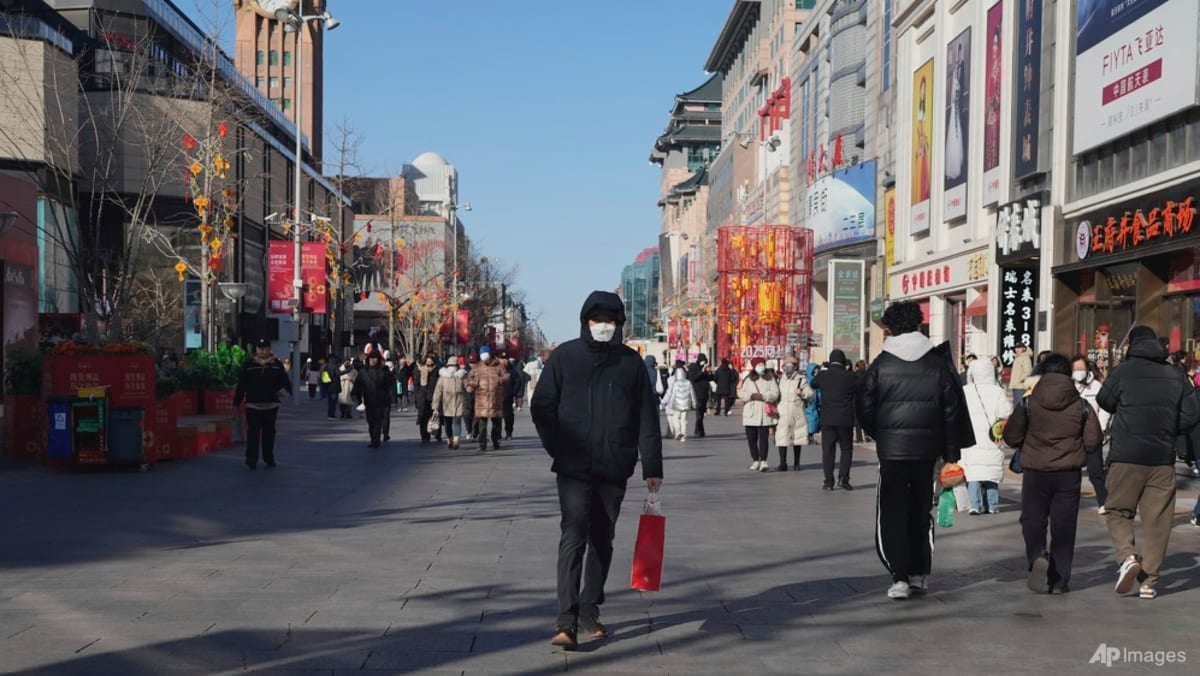Commentary: Don’t blame Huawei for Apple’s waning influence in China

PIVOT TO AI
AI chatbots like ChatGPT and Gemini can remind you to pick up the kids, how much deep sleep you got last night, and when you overate. Tim Cook saw an opportunity to aggregate and integrate these third-party capabilities into one device for a seamless user experience.
“Apple Intelligence” is poised to leverage Apple’s control over hardware and software to create a unified, privacy-centric experience.
But the catch is that Apple can’t afford to build a general-purpose AI model from scratch. Even Microsoft’s Copilot is ChatGPT-enabled. Apple won’t be able to play catch-up on basic research.
Instead, Apple is set to inject OpenAI’s technology into Siri and other default writing tools in text, email, search and so on. The result is you don’t need to send queries to the cloud. All the AI functions will be on-device processing, protecting user data privacy and improving processing speed. Gone are the days when you had to wait five seconds before receiving an AI response.
So Siri will be smart and conversational, knowing your next move and listening to your intent without showing you any contextual advertisements by Facebook or Google. This is a huge deal, and it will be a great differentiation.
Alas, this AI ticket won’t save Apple in China. Beijing has not allowed foreign AI services like ChatGPT; thus, the partnership with OpenAI is infeasible for the Chinese market. Of course, Apple intends to pair up with Baidu to integrate local large language models. But these local models, while functional, still lack the sophistication of OpenAI’s.
So, Apple’s China situation is still back to square one. Its inability to pick AI tools to integrate into the Chinese market will weaken its position.
Source: CNA














